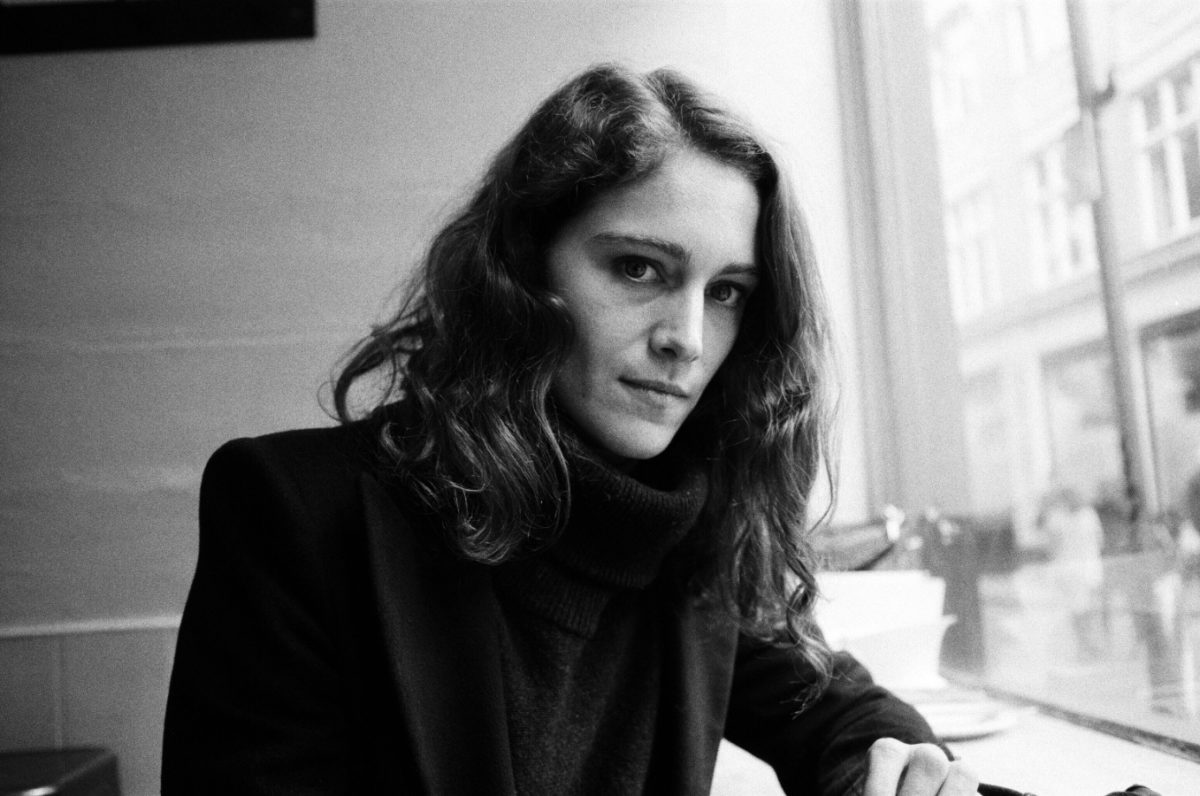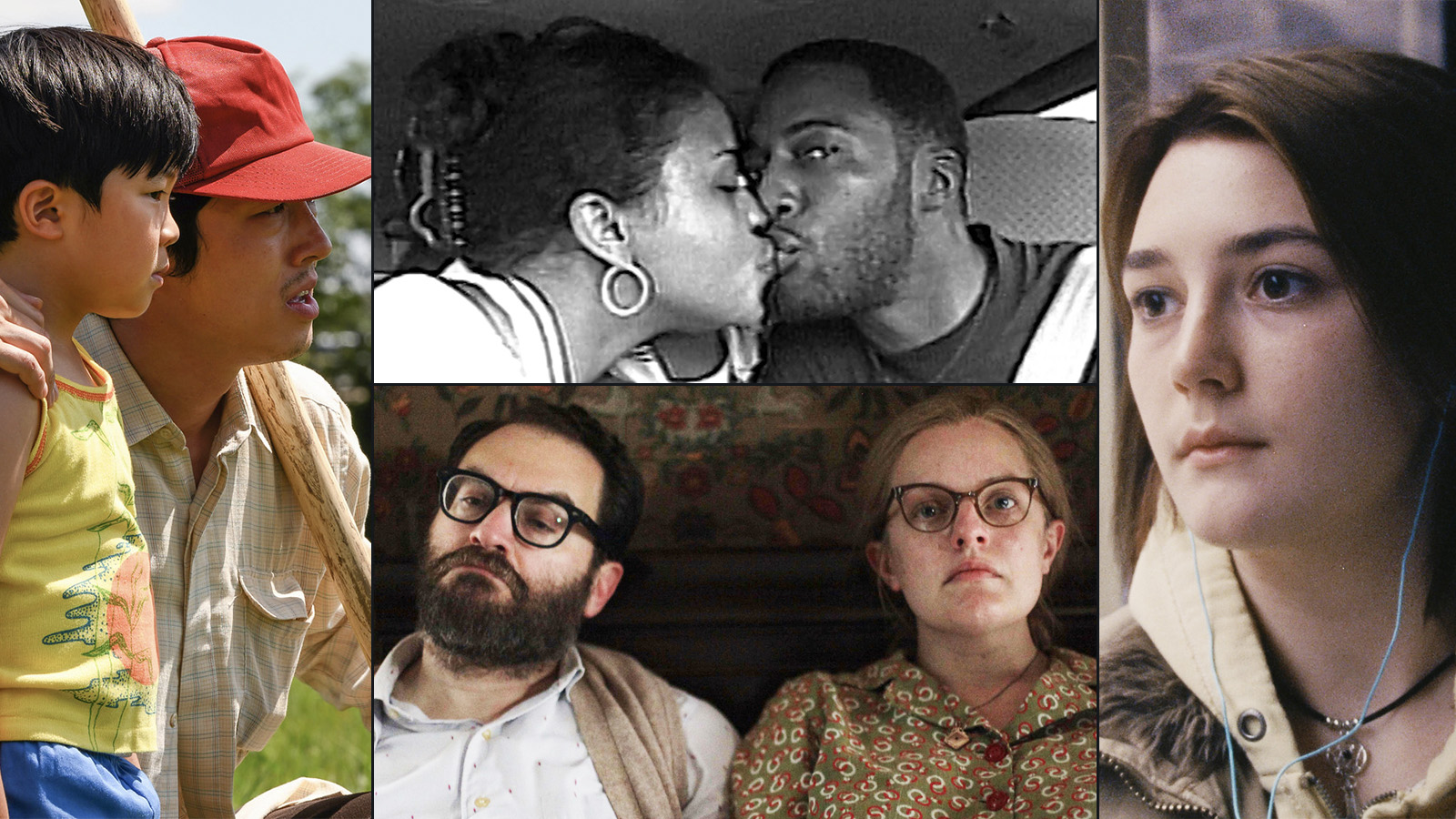With over 60 films viewed at the 2020 Sundance Film Festival, it’s time to wrap up the first major cinema event of the year. We already got the official jury and audience winners here, and now it’s time to highlight our favorites.
One will find our favorites (in alphabetical order), followed by the rest of our reviews. Check out everything below and stay tuned to our site, and specifically Twitter, for acquisition and release date news on the below films in the coming months.
The 40-Year-Old Version (Radha Blank)
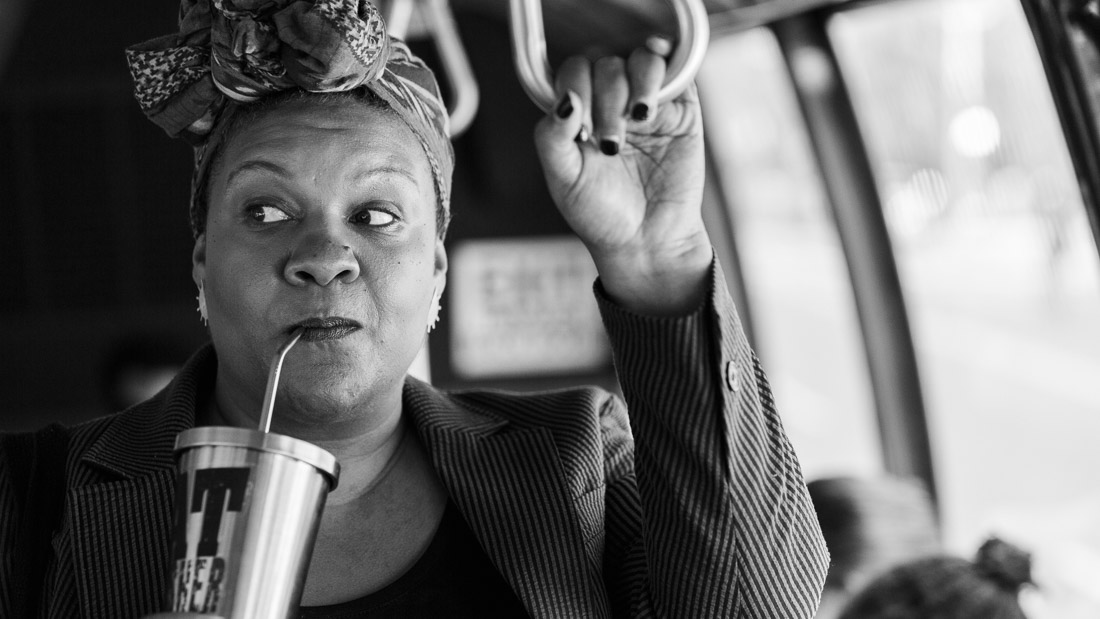
Playwright Radha Blank’s spirited directorial debut The 40-Year-Old Version in an often hilarious and heartfelt autobiographical tale of reinvention. Surrounded in a shoebox apartment of memories of her past including 30 Under 30 Awards, Blank plays herself, a playwright who is faced with two options for her new play Harlem Ave: a local family theater or a flashier off-Broadway venue with a hole in their schedule. Best friend Archie (Peter Y. Kim) convinces her to get dressed up and court Josh Whitman (a scene-stealing Reed Birney) who has just come away from producing a bi-racial reboot of Austin Wilson’s Fences. Whitman is known for producing “safe, white-friendly” black stories and after getting physically choked by Blank, he relents and agrees to put on a production of Harlem Ave. – John F. (full review)
Boys State (Amanda McBaine and Jesse Moss)
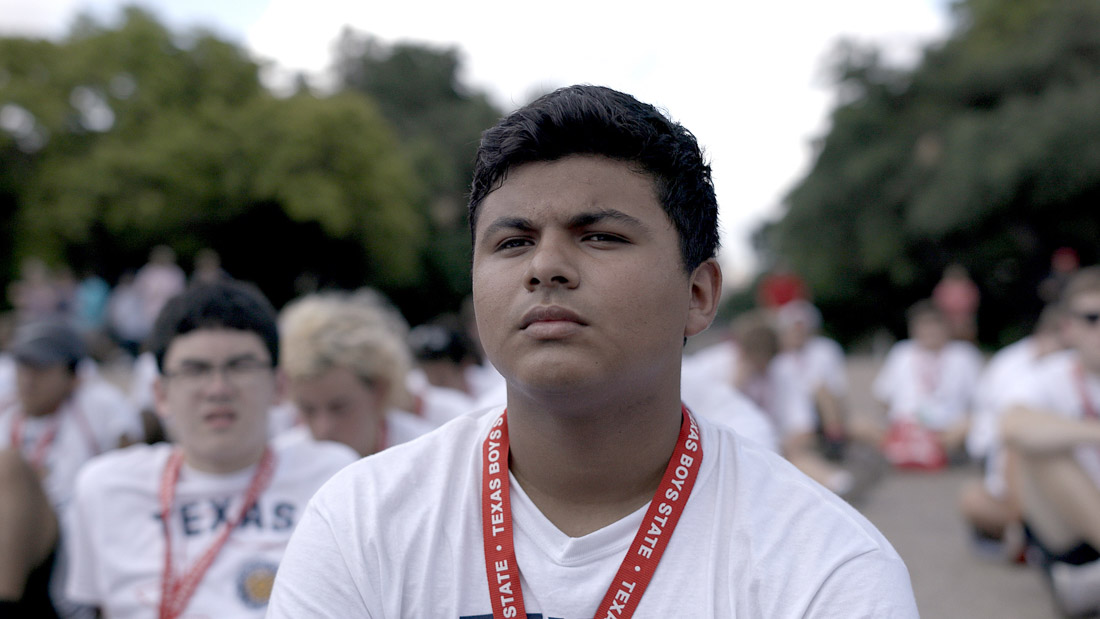
When it was announced that Boys State had been picked up by A24 and Apple for $12 million–setting the record for a documentary sale at a festival and one of their very few acquisitions in the non-fiction arena–I was shocked. Then I saw the film. As we enter a tumultuous election year, Amanda McBaine and Jesse Moss’ extraordinary portrait of a democratic process in microcosm is both a testament to how Washington, D.C. and the rest of the country could achieve bipartisanship as well as a look at what has led to such a fractured political system. – Jordan R. (full review)
Bloody Nose, Empty Pockets (Bill Ross IV and Turner Ross)
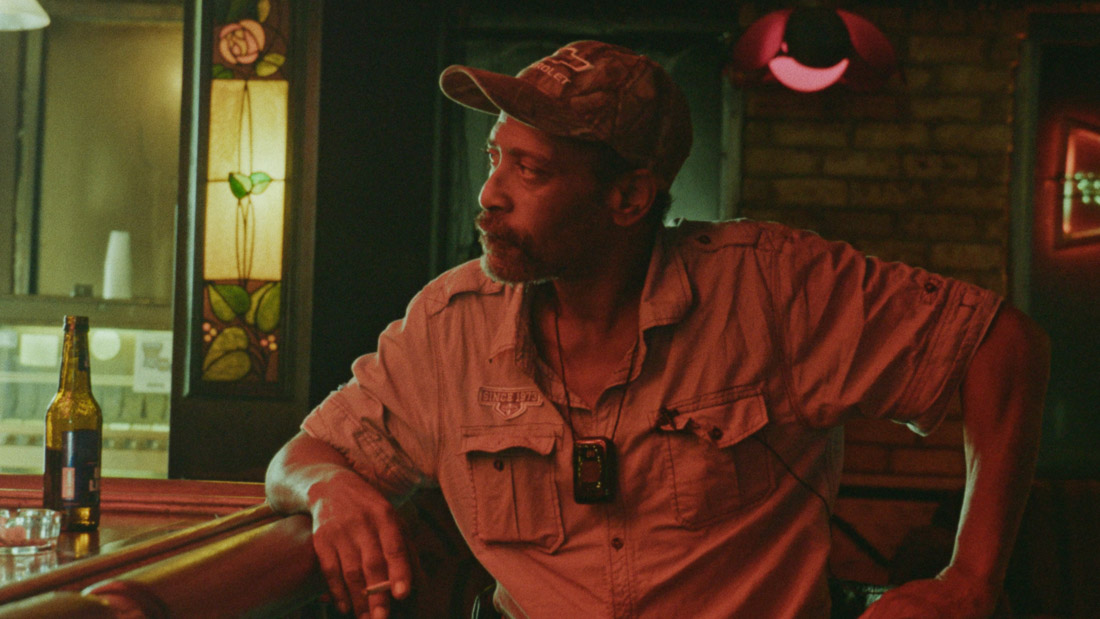
With their latest film Bloody Nose, Empty Pockets, brothers Bill Ross IV and Turner Ross turn their lens on that warmly inviting, idyllically dingy, and endlessly lively microcosm of society: the dive bar. Premiering in the U.S. Documentary Competition section at Sundance, the filmmakers behind Western and Tchoupitoulas once again break the boundaries of such a programmatic box, using a casted ensemble, a scouted location, a vérité style, and the loosest of scripted ideas to explore community, pain, and regrets in America circa 2016—and particularly the unfiltered honesty in which these themes can be conveyed when a ceaseless stream of alcohol is involved. This collection of lost souls and inquiry into their perspective on life results in a tale of profound authenticity and devastating heartbreak. – Jordan R. (full review)
Dick Johnson Is Dead (Kirsten Johnson)

There’s only one universal truth shared amongst all humans: one day, we will die. For some, this cold, uncomforting reality can lead to paralyzing anxiety as we think of who and what we’ll leave behind. For others, it’s a call to action to live every day with receptive empathy towards others and a curiosity to explore what the world has to offer. As already proven in her masterful directorial debut Cameraperson, Kirsten Johnson clearly falls into the latter category. With her brilliant follow-up Dick Johnson Is Dead, leave it to the director to create an exploration of death that is fun, bittersweet, and bursting with colorful imagination. In her portrait of her (spoiler warning!) still-alive father, she carries the same self-reflexive wit and vision as her prior film but takes it in a whole other direction. – Jordan R. (full review)
The Go-Go’s (Alison Ellwood)
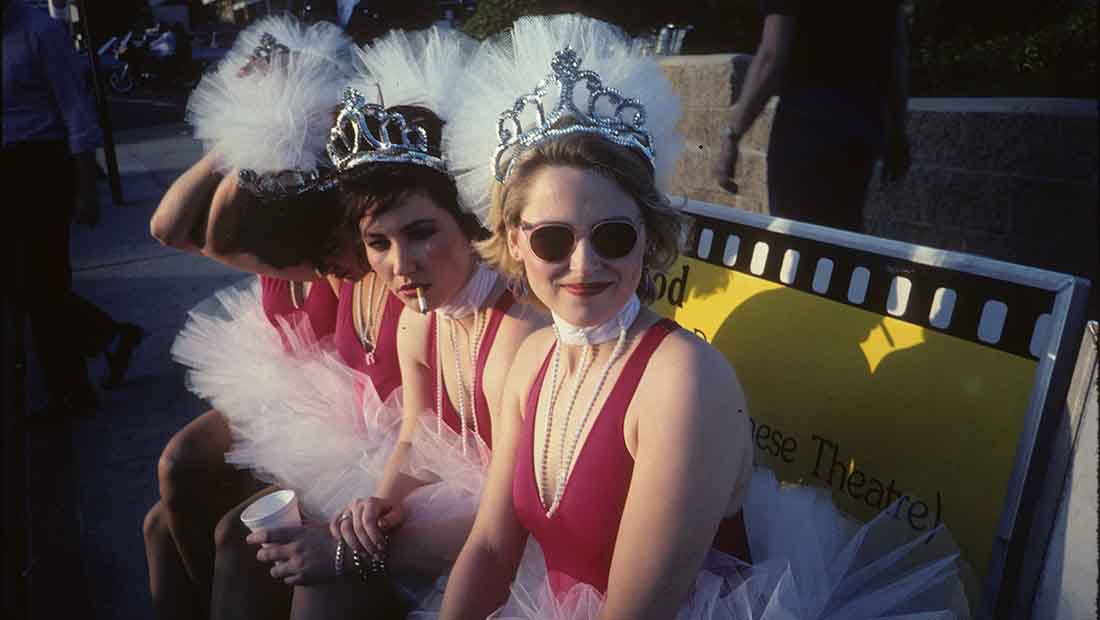
The all-female punk band that defined mall culture in the early 1980s with the opening tune of Fast Times at Ridgemont High, The Go-Go’s are still shockingly kicking ass in their 60s as a new lively, definitive documentary captures. Exploring the winding path from punk rock obscurity in L.A. to pop stardom and the lows between, director Alison Ellwood never misses a beat as the band looks back at how they came together on their own without the intervention of a label cooking them up in an A&R lab. Through interviews with band members, friends, and business associates combined with archival materials, Ellwood’s The Go-Go’s feels as fresh and feisty as their music. – John F. (full review)
The Killing of Two Lovers (Robert Machoian)
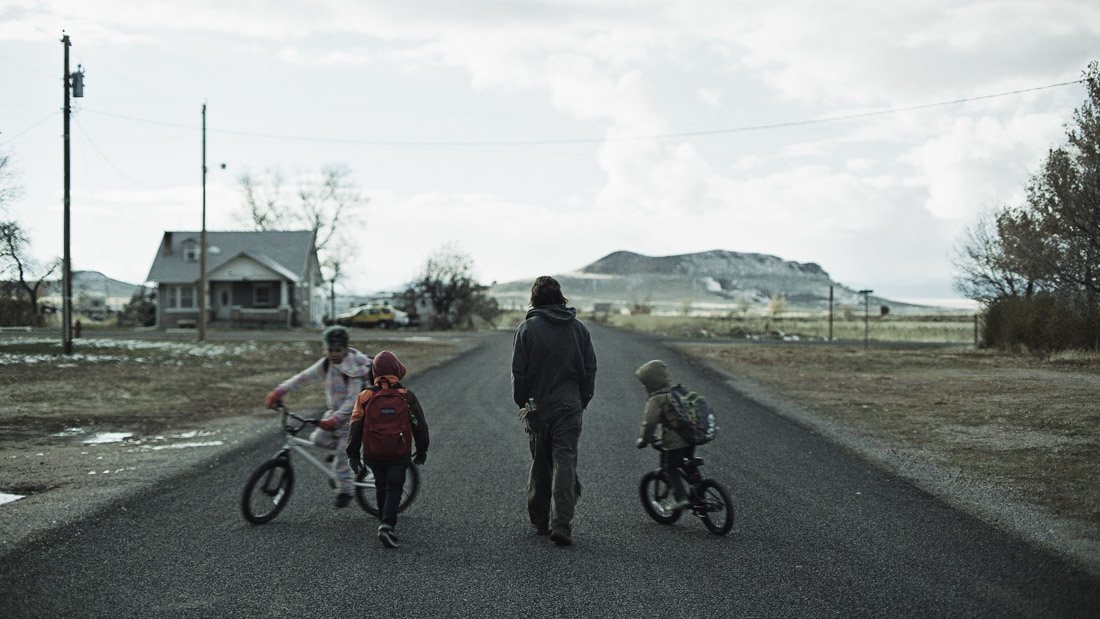
Opening with a jarring, heart-stopping scene in David (Clayne Crawford) points a gun at his sleeping wife, Robert Machoian’s The Killing of Two Lovers is a riveting and restrained autopsy of a marriage in free fall. David and Nikki (Sepideh Moafi) have already separated, with David returning to his parent’s home. Their teenage daughter Jessica (Avery Pizzuto) takes it out on both parents, telling them to be the adults and work it out. The problem with that notion is that David and Nikki never had the chance to grow. Having Jessica young and four boys immediately afterward, they’ve stayed in the same small Utah town and moved only a few doors away from David’s childhood home. – John F. (full review)
Minari (Lee Isaac Chung)
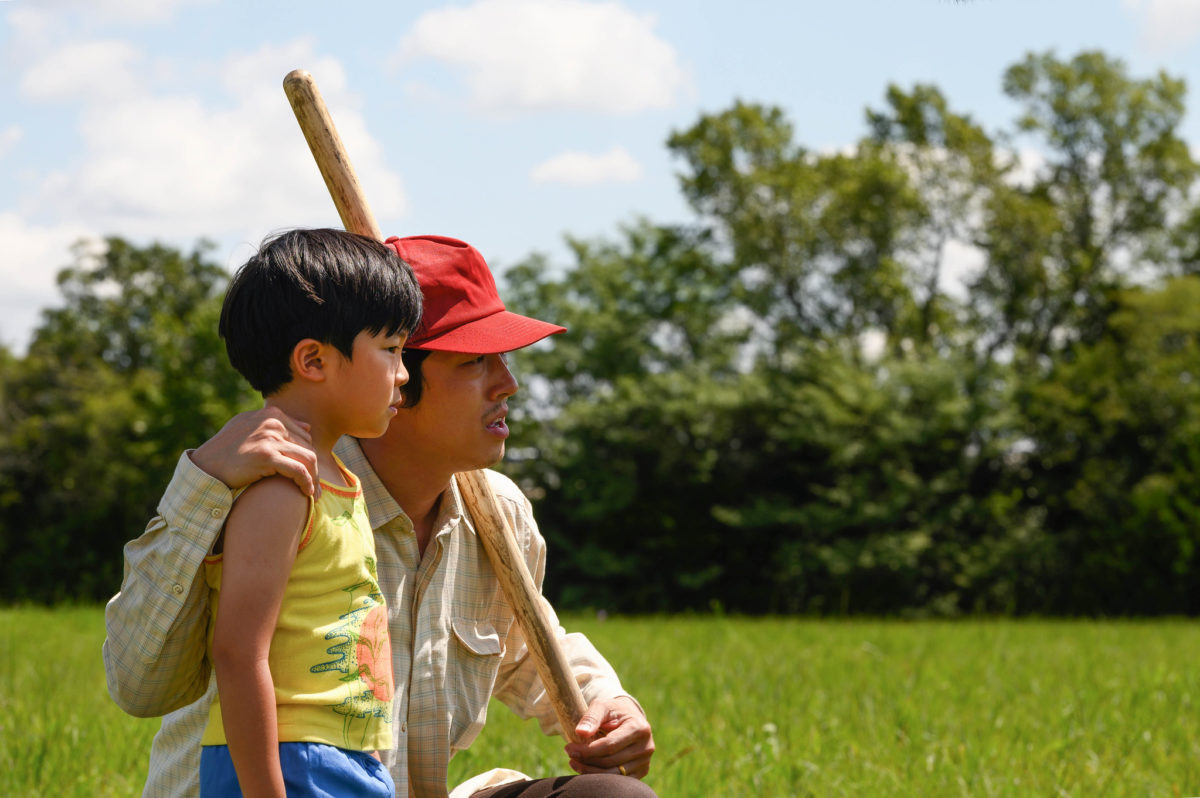
There is no shortage of films that depict the pains of assimilation and the pursuit of the American Dream for a more promising future. It’s been customary for these stories to tell of journeys from another country to a metropolis somewhere across the land of the free. When it comes to the family of Minari, however, they’ve already been living the United States for some time, carving out a life for themselves on the West Coast. Yet Jacob (Steven Yeun) has dreams beyond separating chickens into male and female bins as a cog in industrialized farming and so he moves his Korean-American family to the rural outskirts of Arkansas where he and his wife Monica (Yeri Han) continue the same job, all while attempting to build a more fruitful living with their own farm featuring Korean produce. All the joys and struggles of this journey are captured with a keen, warm tenderness by Lee Isaac Chung, whose carefully-considered drama deserves to be a breakthrough for the writer-director, who now has five features to his name. – Jordan R. (full review)
Never Rarely Sometimes Always (Eliza Hittman)
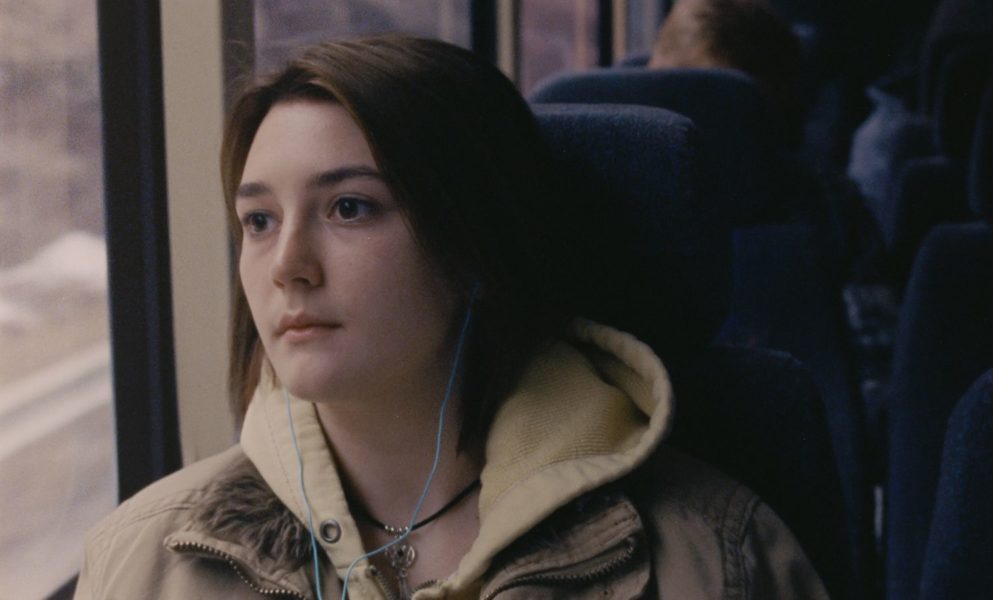
In a world where the hot-button issue of abortion has been a divisive point of political pull in which the majority of those in power will never have to grapple with the decision their entire lives, how do we shift our perspective to find the empathy towards those that are directly affected by when, how, and who can undergo the procedure? We can start with Never Rarely Sometimes Always, Eliza Hittman’s deeply moving chronicle of a teenager’s struggle to terminate her pregnancy. By steering clear of overtly political messages and naturalistically centering our perspective solely in the mindset of Autumn (Sidney Flanigan) through this journey, I can’t imagine a soul that won’t be inspired to give more careful consideration to those in similar situations. – Jordan R. (full review)
On the Record (Kirby Dick and Amy Ziering)
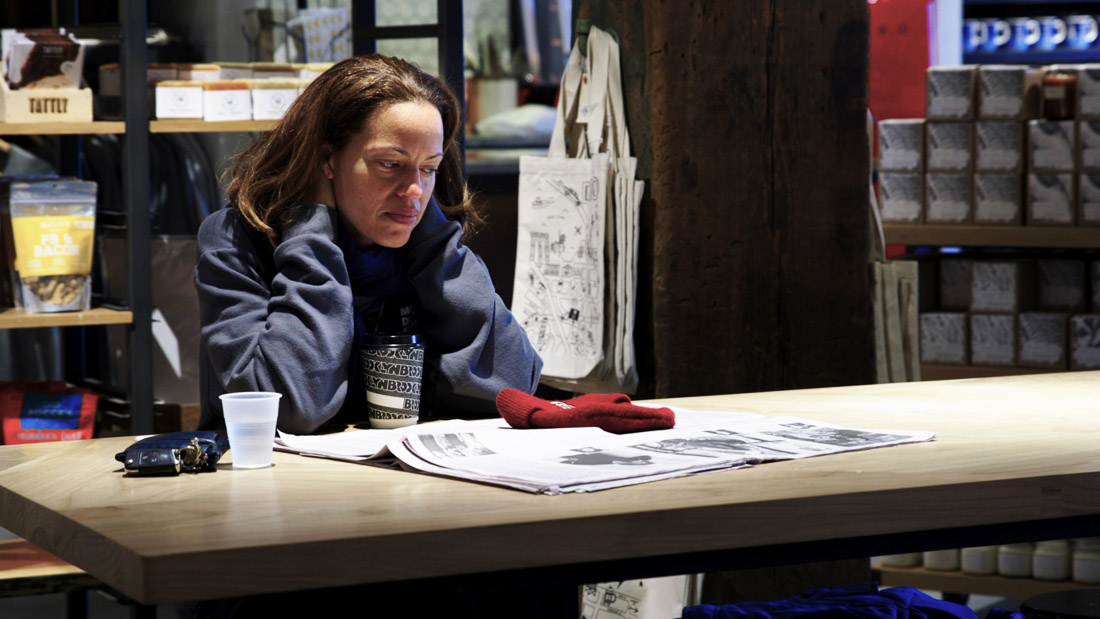
Kirby Dick and Amy Ziering’s conventional but powerful new documentary On the Record is as much about the personal struggle of Drew Dixon and others in telling their stories of horrifying sexual misconduct at the hands of hip-hop legend Russell Simmons as it is about how the voices of black women have been marginalized throughout history, leading to a reticence to speak out, especially in these last few years. It’s an emotional gut-punch of a film that will have one appalled that Simmons continues to thrive in the industry and enraged at the systemic limitations endured by black women, resulting in a lack of career advancement and a fear of societal rejection if they go against their own culture. – Jordan R. (full review)
Palm Springs (Max Barbakow)

When Bill Murray repeatedly wakes up on the same morning in Groundhog Day, the radio blares Sonny and Cher’s “I Got You Babe.” It’s a winking reminder of what’s missing in his life, an auditory motivation to change his circumstances and escape his cyclical prison. When Andy Samberg wakes up on the same morning in Palm Springs, it’s his cheating, airhead girlfriend Misty (Meredith Hagner) that forces his eyes open. She’s a cold reminder of the relationship he wants to leave—except in his time loop, he’s given up on escaping at all. – Jake K. (full review)
Promising Young Woman (Emerald Fennell)
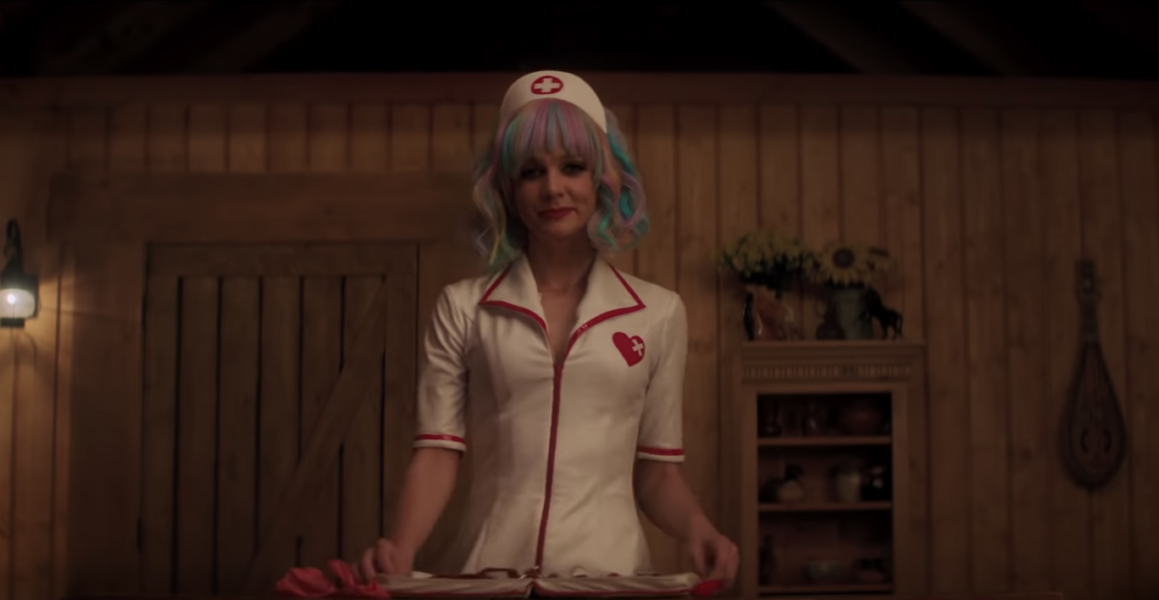
So much of what makes Promising Young Woman work so well is in what’s not on screen. Far more contemplative than initial marketing might suggest, this is a revenge fantasy only in the simplest of terms. Where one might expect violence as a form of therapy, there is instead a brutal examination of societal norms that allow men to be evil. – Dan M. (full review)
The Reason I Jump (Jerry Rothwell)

An immersive documentary, Jerry Rothwell’s The Reason I Jump places us internally within the mind of the nonverbal autistic, allowing empathy to flow in. Inspired by Naomi Higashida’s groundbreaking book, written when the author was just 13, the film is a transcendent experience often operating in a poetic mode as it explores the complexities of understanding how the universe is ordered. The text, adapted into English by David Mitchell and K.A. Yoshida, unpacks the process of perception of its author, including how he deduces it is raining. – John F. (full review)
Scare Me (Josh Ruben)
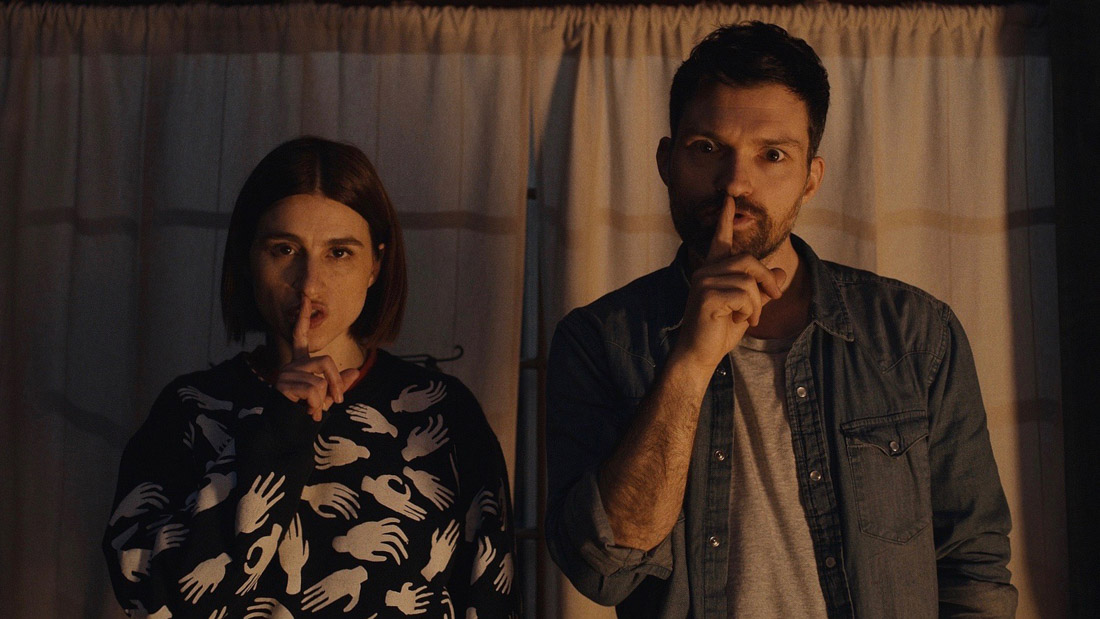
A cramped setting, an onslaught of clever dialogue and a twisty plot go a long way in Scare Me, an impressive little movie from writer/director Josh Ruben, who also stars. North of New York City, secluded in a cabin in the woods, two writers weather a power outage by telling each other scary stories. Relative strangers at the start of the night, Fanny (Aya Cash) is a successful horror novelist and Fred (Ruben) is not. An incredibly impressive sound mix (and some minimal creature effects) aid our leads in their storytelling, each writer bounding about the cabin to convey the thrills and twists within. The location feels perfect for film, including a creepy second floor and a considerable amount of shadow that creates an ominous aesthetic. – Dan M. (full review)
Shirley (Josephine Decker)
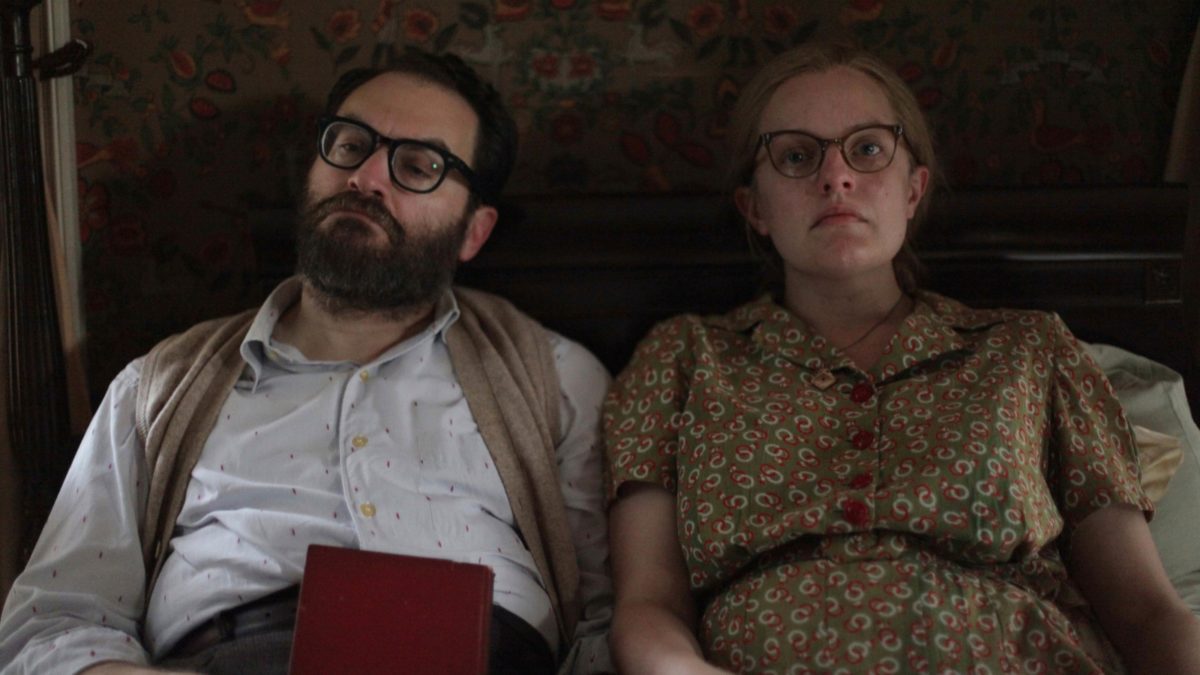
After getting attention on the festival circuit with her back-to-back first features Thou Wast Mild and Lovely and Butter on the Latch, director Josephine Decker deservedly expanded her audience with Madeline’s Madeline, a genuinely thrilling, endlessly imaginative look at the creative process as well as how mental illness influences artistic expression. With Shirley, she returns to similar themes in an entirely different era while continuing the same inventive, breathless style, even if this time around the narrative arc is a bit more straightforward. – Jordan R. (full review)
Time (Garrett Bradley)
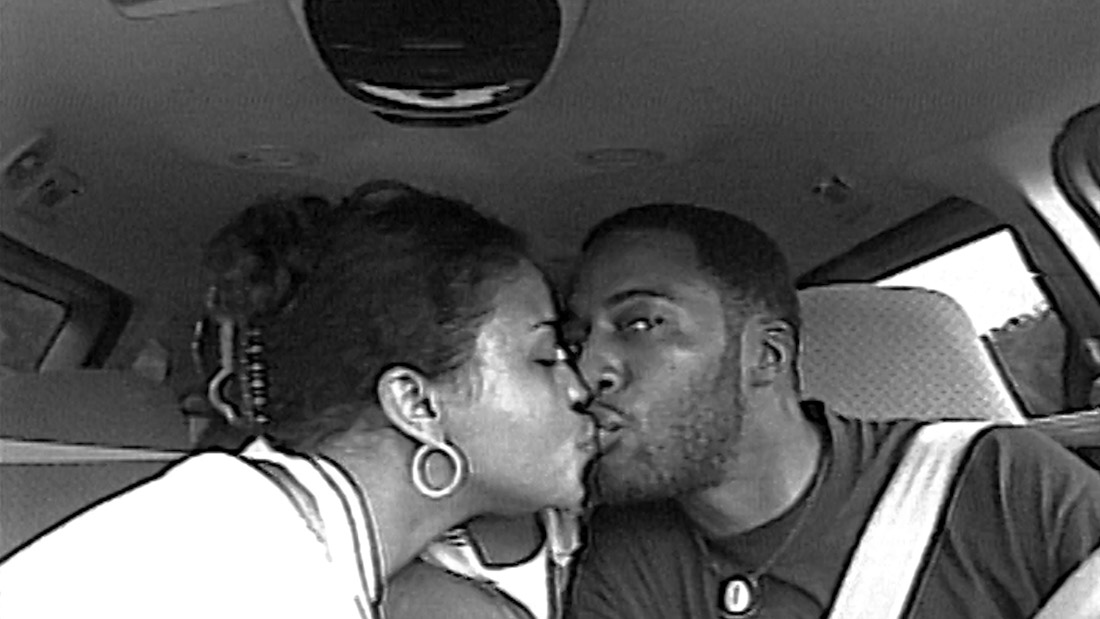
In September 1997, sparked by desperation and noble intentions, Rob Richardson committed armed robbery. He was handed a 65-year prison sentence with no real hope of getting out. His wife, Fox, who was expecting twins at the time and was already a mother to their four boys, was an accomplice, but took a plea deal and was released three and a half years later. The last two decades of a family ripped apart sets the stage for Garrett Bradley’s Time, a formally stunning masterwork of empathy, exhaustion, love, and rage. The title of Time isn’t just a reference to the sentence Rob was given. It’s every moment he’s deprived of as the world continues outside his cell. It’s what Fox and their family sacrifice in their daily struggle to get him out. It’s every instant that the system in power uses to make them wait for an answer. It’s a piece of something that they may be able to win back if Rob was to be released. And it’s a sense of timelessness in which the director captures it all with her black-and-white, symphonic approach, which melds the political and personal in overwhelmingly heartbreaking ways. – Jordan R. (full review)
The Truffle Hunters (Michael Dweck and Gregory Kershaw)
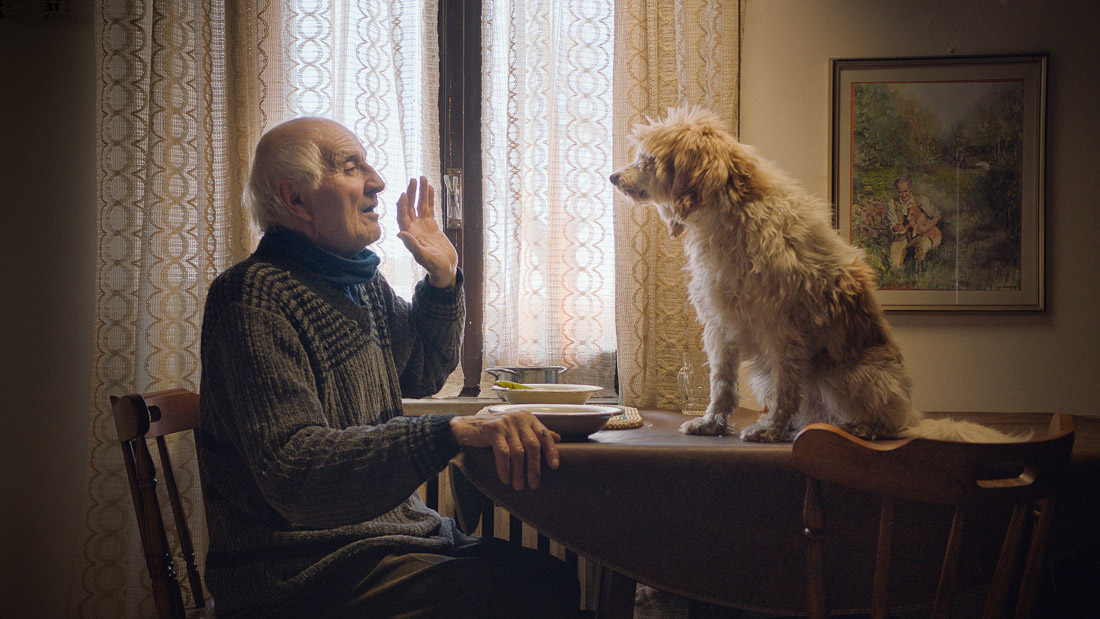
“If you’re not picky, you can eat them on anything.” So says one of the elite group of experienced, elder Italian truffle hunters portrayed in Michael Dweck and Gregory Kershaw’s stately, charming new documentary, regarding their prized possessions. The only issue is these delicacies from the ground are impossible to find without knowledge, skill, and a trusted dog. And when they are miraculously discovered, they go for an incredible amount of money. The Truffle Hunters explores this age-old tradition of culinary treasure-hunting and the clash of passion and commerce around such a specific way of life. Executive produced by Luca Guadagnino, it’s also far from your standard documentary in terms of the picturesque approach in which we meticulously enter this Northern Italy milieu. – Jordan R. (full review)
The Rest
Note: Includes films that didn’t world premiere at Sundance, but played at the festival.
Vitalina Varela (A)
Collective (A-)
And Then We Danced (B+)
The Climb (B+)
The Assistant (B)
Charter (B)
Crip Camp (B)
Ema (B)
Kajillionaire (B)
The Glorias (B)
His House (B)
Into the Deep (B)
La Llorona (B)
Miss Juneteeth (B)
The Mountains Are a Dream That Call to Me (B)
Natalie Wood: What Remains Behind (B)
The Nest (B)
Softie (B)
Some Kind of Heaven (B)
Summertime (B)
Tesla (B)
Zola (B)
Downhill (B-)
The Evening Hour (B-)
Ironbark (B-)
Miss Americana (B-)
Spaceship Earth (B-)
Surge (B-)
Sylvie’s Love (B-)
Uncle Frank (B-)
Whirlybird (B-)
Blast Beast (C+)
Falling (C+)
The Last Shift (C+)
The Night House (C+)
Nine Days (C+)
The Social Dilemma (C+)
Worth (C+)
Bad Hair (C)
Four Good Days (C)
Jumbo (C)
Save Yourselves! (C)
Wander Darkly (C)
Beast Beast (C-)
Wendy (D+)
Omniboat: A Fast Boat Fantasia (D)
Run Sweetheart Run (D)
The Last Thing He Wanted (D-)
Interviews
Opening the Crazy Drawer: Michael Almereyda, Eve Hewson & Jim Gaffigan on the Making of Tesla
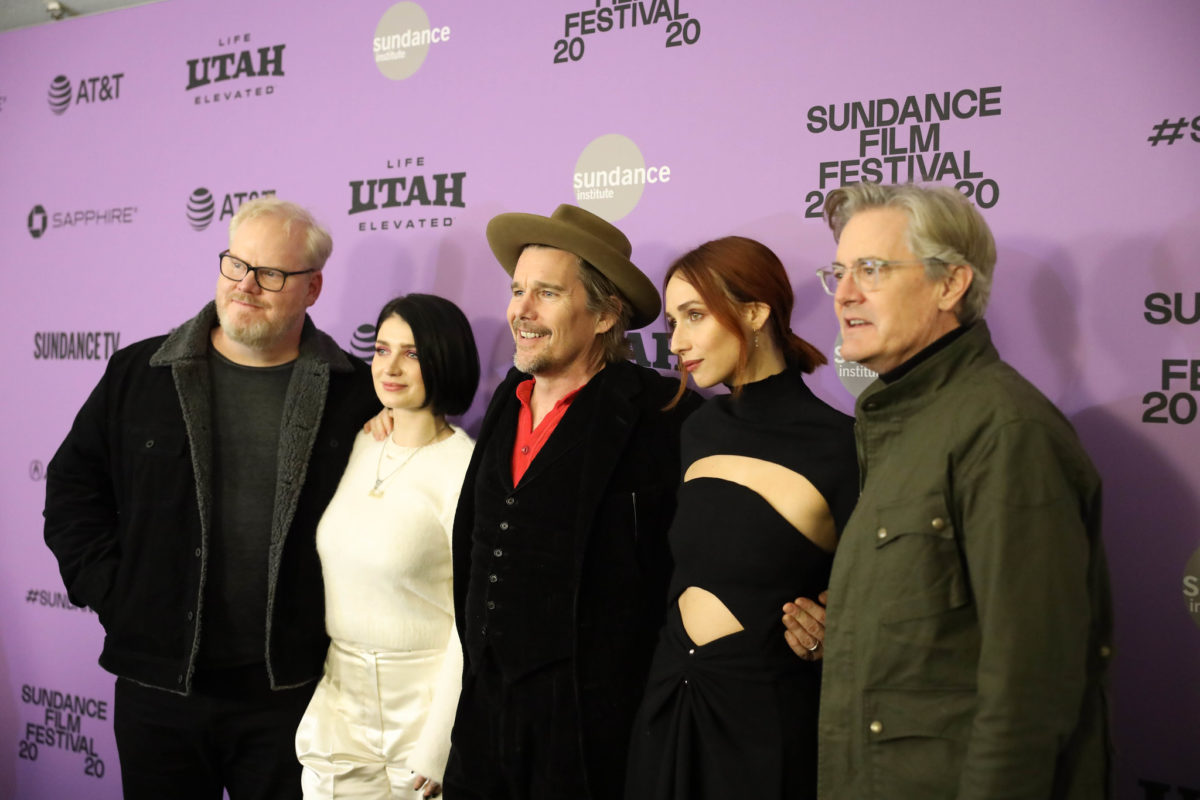
Eliza Hittman on the Subjectivity and Empathy of Never Rarely Sometimes Always
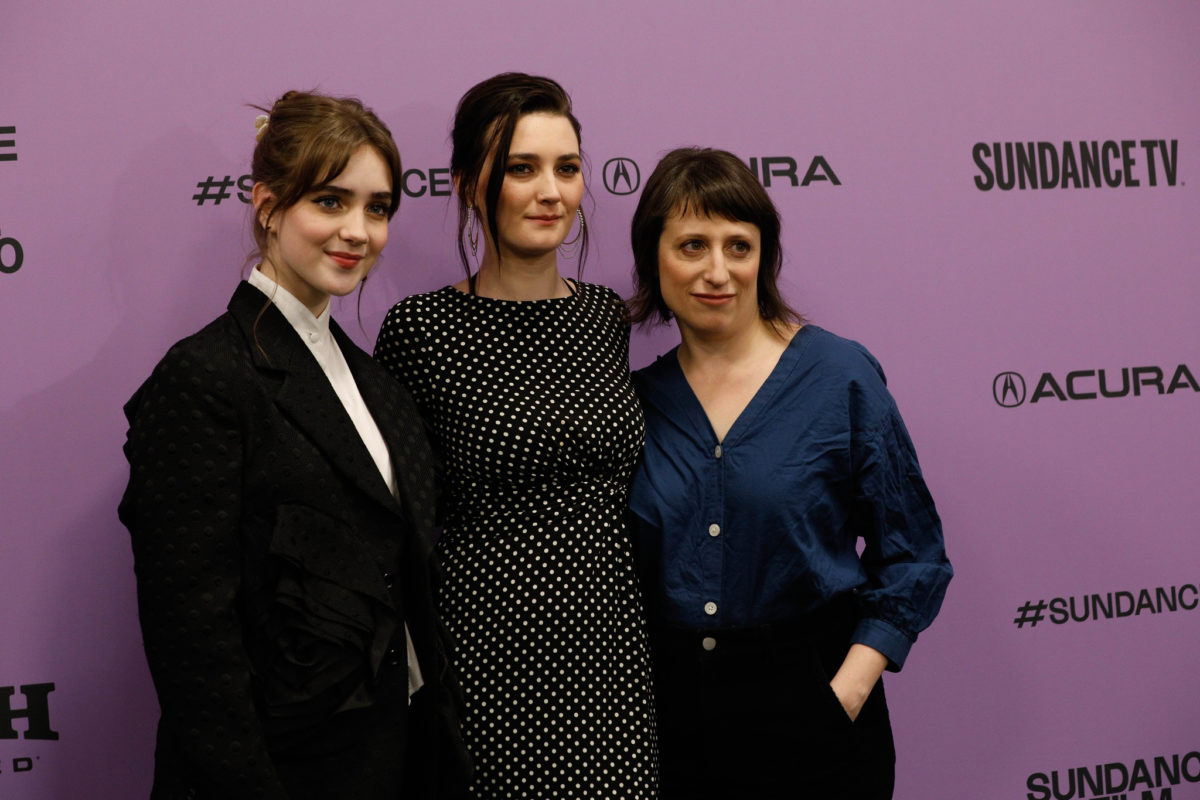
Ariane Labed on Her Directing Debut Olla, Learning from Joanna Hogg, and the Dynamics of Acting
